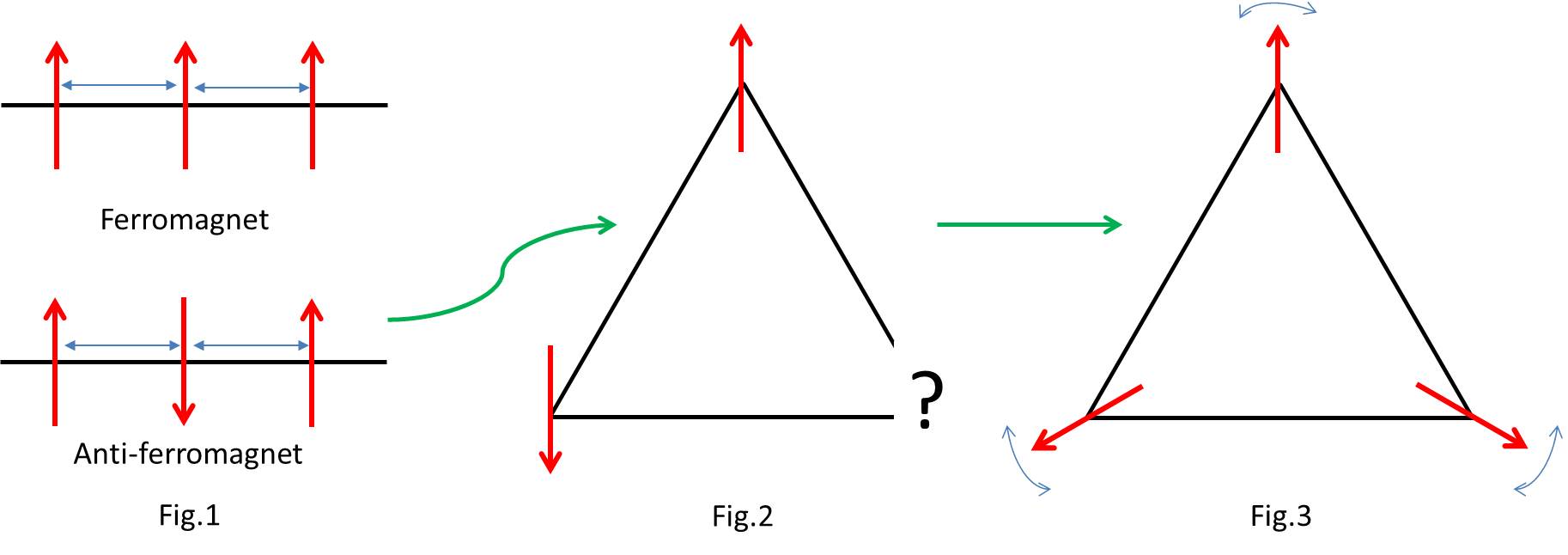This list is mostly from “The basic Japanese grammar”.
- There is no words correspond to the English words, a, an, or the.
- Nouns do not have special plural forms; they remain the same whether they indicate one object or many. The Japanese word “戸(to) ”, for example, can mean “a door,” “the door,” “doors,” or “the doors,”
- Pronouns are usually omitted if they can be understood from the context. But they can be used for emphasis, or when they are needed to make the meaning clear.
Example) 元気です。 I am fine, thank you.
私は元気です。 As for me, I am fine.
4. Verbs do not have special form to indicate person or number. Each tense has only one form, which is used no matter what the subject is.
Example) 読む(yomu; to read) in any of situation, I read, you read, we read, they read, the man reads, and so on.
5. Adjectives are closely related to verbs, and take endings according to their tense and mood.
6. There are no cases for nouns or pronouns. Relations between the words of sentence are indicated by “little word” called particle or preposition, which are placed after the word they control.
Example) が(ga) usually indicates the subject of a clause.
わ(wa) can be translated “as for” and often indicates the subject of a clause.
を(o) follows the direct object.
の(no) means “of” in most of the English senses of the word, and indicates possession.
か(ka) indicates a question.
7. There are the frequent ending
ます(ません)(masu(masen)) indicate present tense. () indicates negative verb.
ました(ませんでした)(mashita (masendeshita)) indicate present tense. () indicates negative.
ましょう(ませんでしょう)(mashou(masendeshou)) is usually translated by using the word probably in the sentence. () indicates negative.
8. The common ending て-teusually indicates a verb particle, which can be translated into English in most cases by present particle (“-ing”)
Example) 来て(kite) coming. 歩いて(aruite) walking. して(shite) doing.
9. Basic word order is “subject – object – verb”.
10. Conjunctions come at the end of the clause they govern.
11. Subordinate clauses must come first in the sentence.
I found good summary on this text book “Basic Japanese grammar”. If you have any question about these, feel free to ask. I will add explanations. Each case on this list, we will look into carefully later on this blog.

